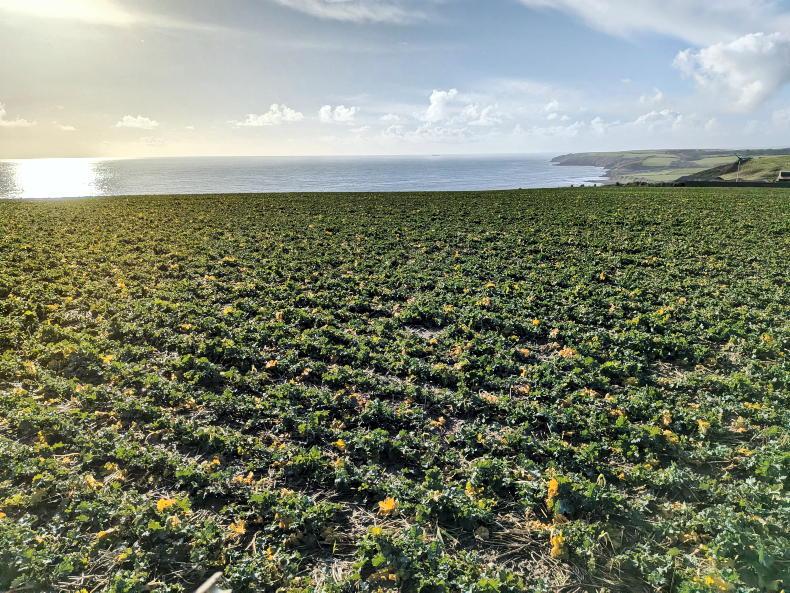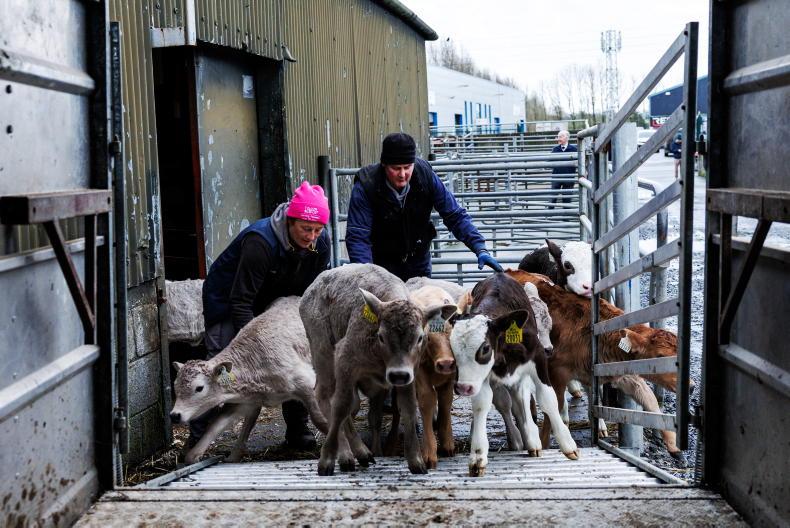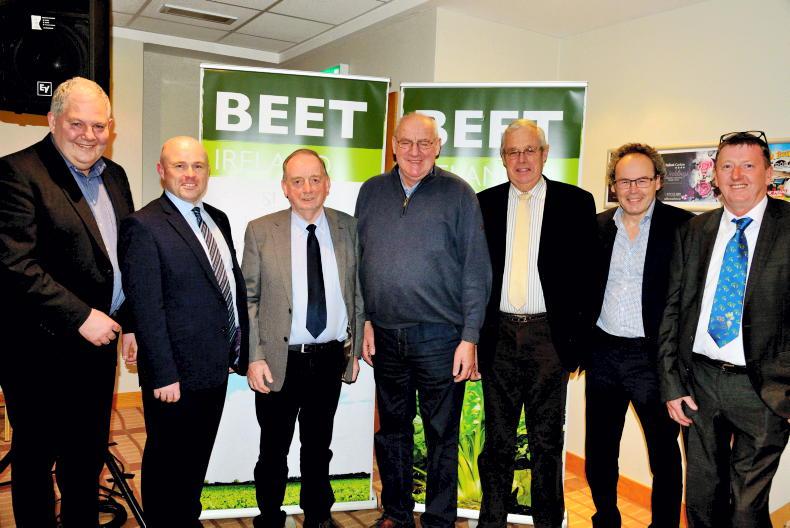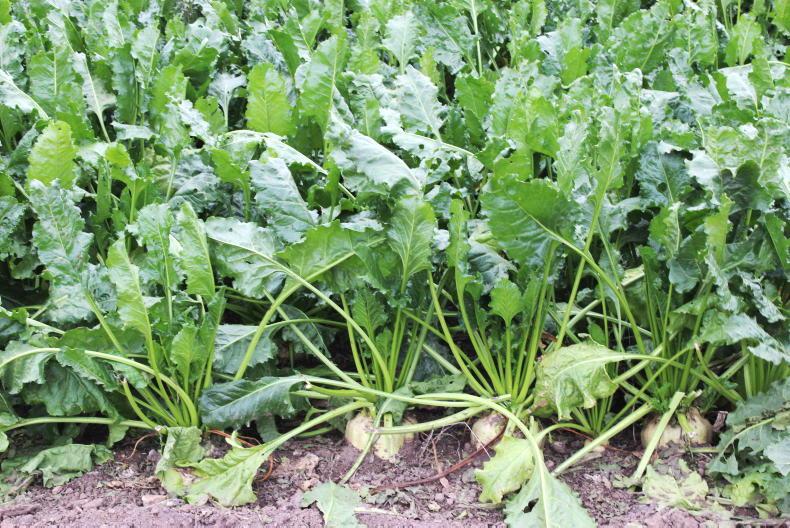A notable book launch took place last week in Carlow. The Carlow Sugar Factory documents the remarkable story of the beet-processing facility in the town. Authored by Christopher Power, and published by the Library Service run by Carlow County Council, it is a timely tome.
Why so? We are coming up to the centenary of the decision taken by the founding State to build a sugar beet processing facility. The Carlow site made sense, it is a tillage county, surrounded by tillage counties in Wexford, Kilkenny, Laois and Kildare.
As councillor Fergal Browne recalled, it only took nine months from the first sod being turned in January 1926 to the factory accepting beet for processing.
“It’s a pity we don’t have the capacity to build public projects like that now.”
John Kehoe spoke as a grower. As Carlow IFA’s county chair 20 years ago, he chaired many of the huge public meetings that were held following the sudden closure of the factory in 2005. Gifted with both a command of language and a voice that never needed amplification, Kehoe could control the most contentious of meetings.
Last Tuesday, in the same Seven Oaks Hotel venue that held many of those meetings, he brought the packed attendance on an emotional 80-year journey. He spoke of his pride at what was built in a tiny county, the second smallest in the country. He spoke of the buy-in from farmers, to the extent that in 1943 over 50,000 families grew beet. He recounted the back-breaking work, with beet thinned and pulled by hand at that time. He highlighted the innovation that saw the single mono-germ seed developed, allowing precision planting, and removing the need to thin crops.
Then came the advent of the Armer-Salmon harvester, transforming the workload. Instead of taking one man one week to pull one acre or beet, a harvester could pull an acre an hour.
As councillor Charlie Murphy, the chair of the county council’s centenary committee recalled, Armer-Salmon was the hub of an extraordinary engineering, which to this day sees Tanco, Keenan, Hi-Spec and Burnside Engineering exporting farm machinery and components all over the world.
Of course, all speakers referred to the Greencore’s closure of the factory, and its last remaining sibling in Mallow a year later. But that sad tale has been recounted in these pages over the last two decades, along with the various attempts to re-introduce beet processing. This was a night to recall a success story and to celebrate the launch of a book that captures it.








SHARING OPTIONS